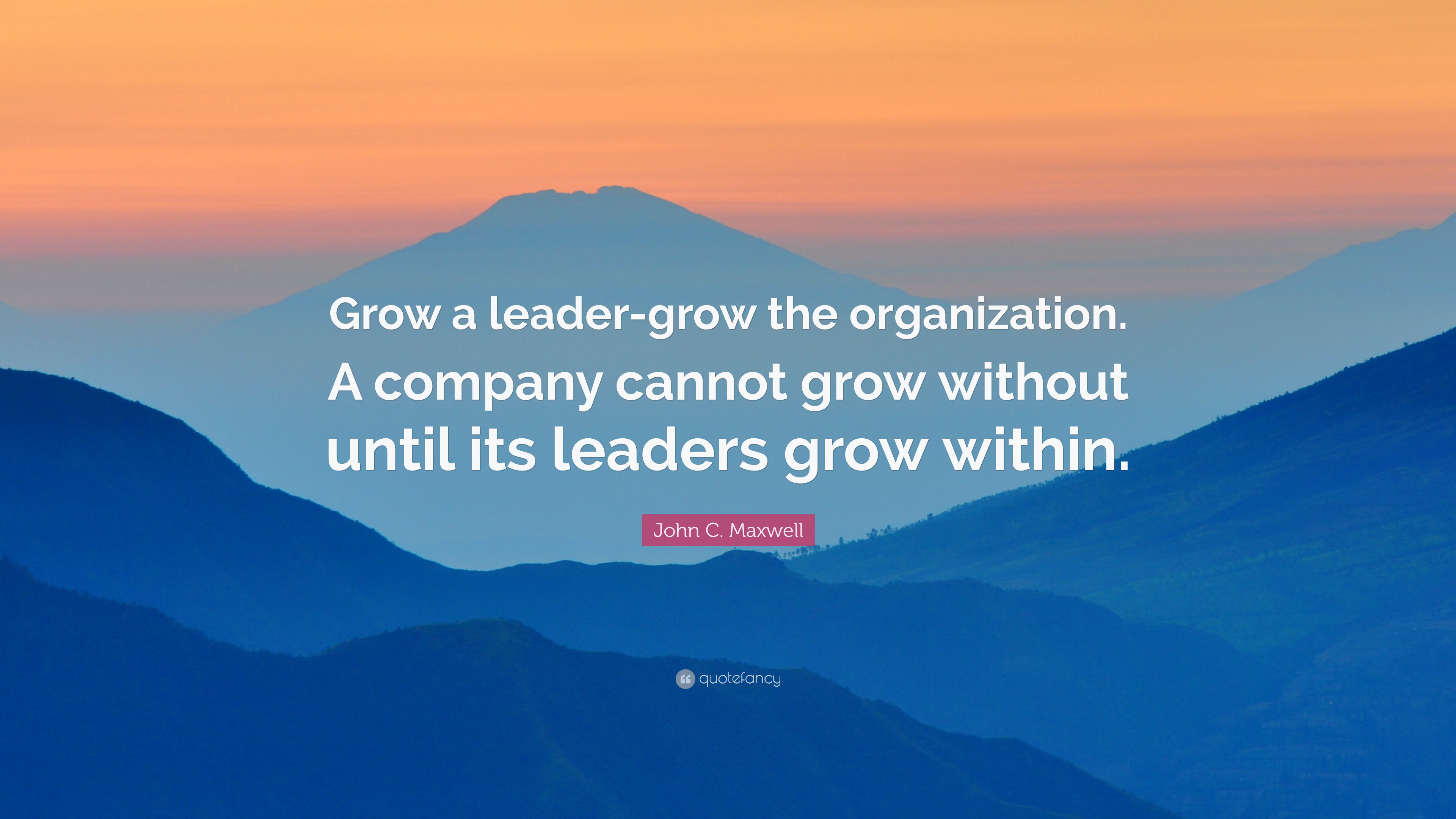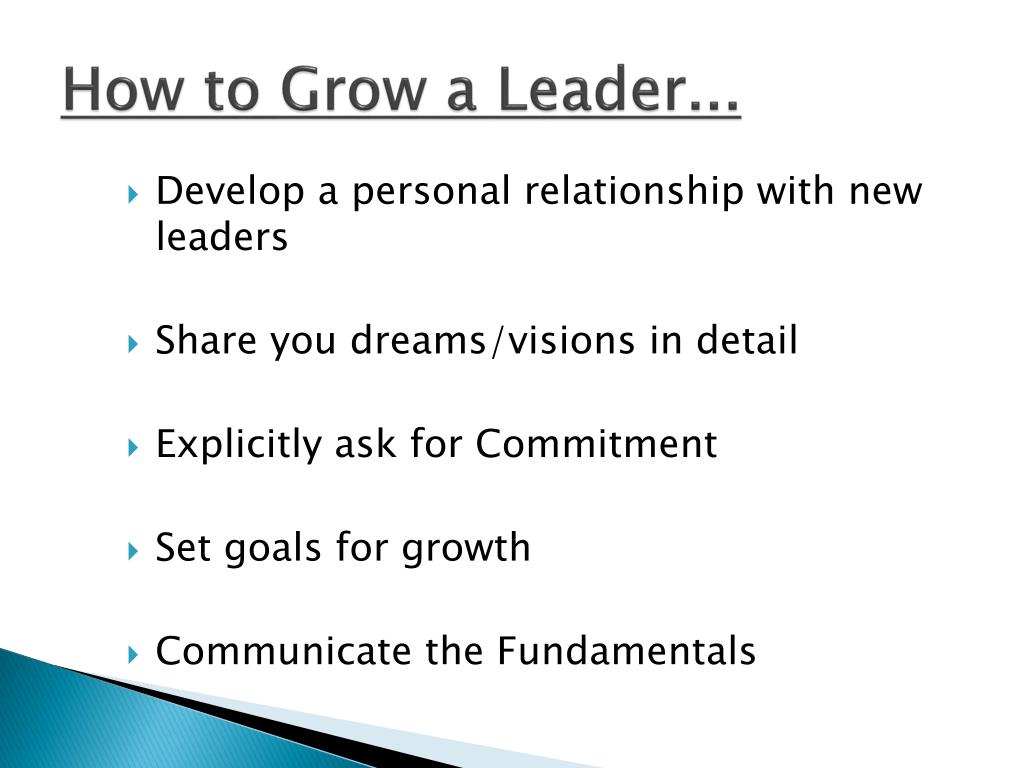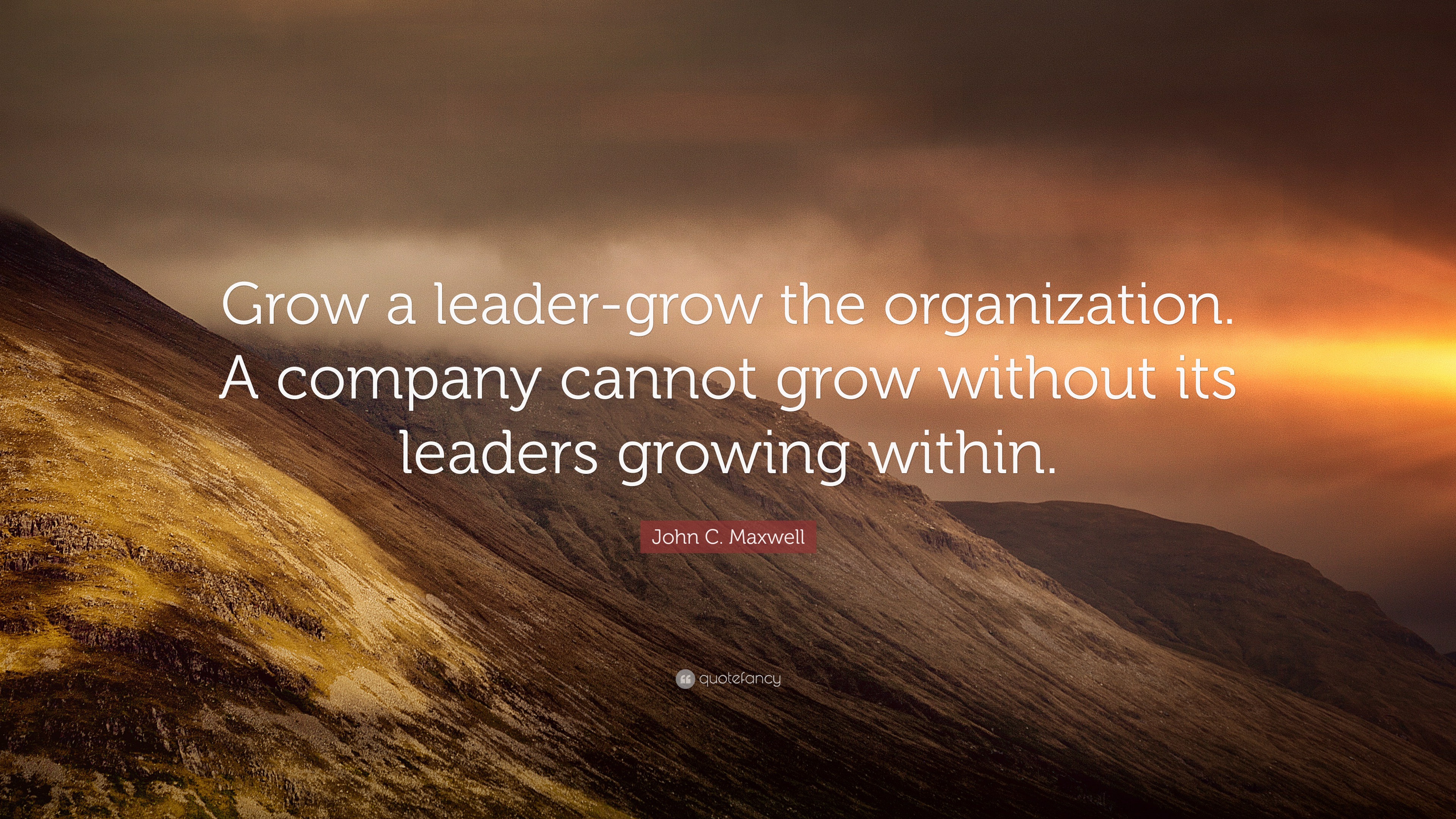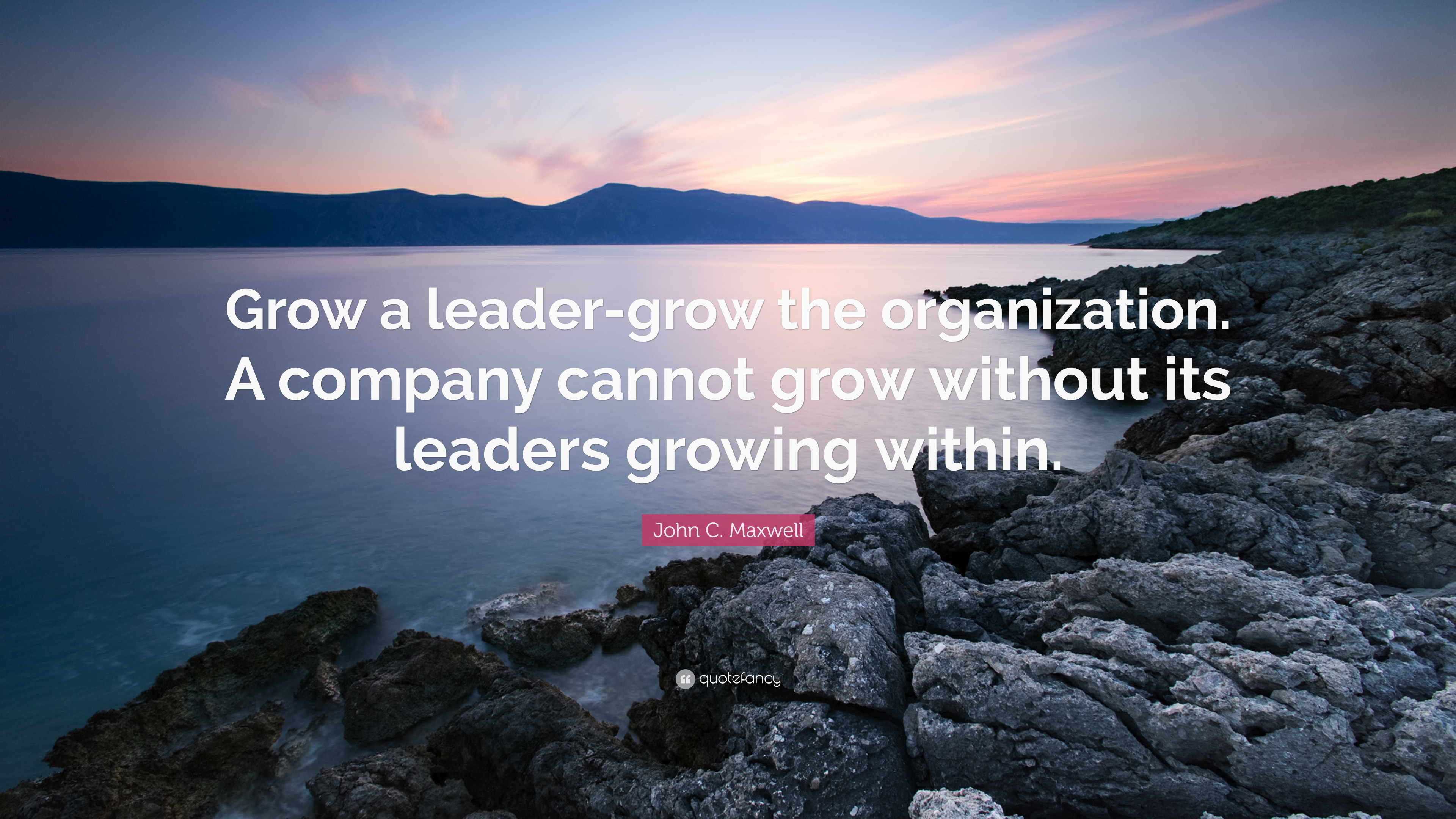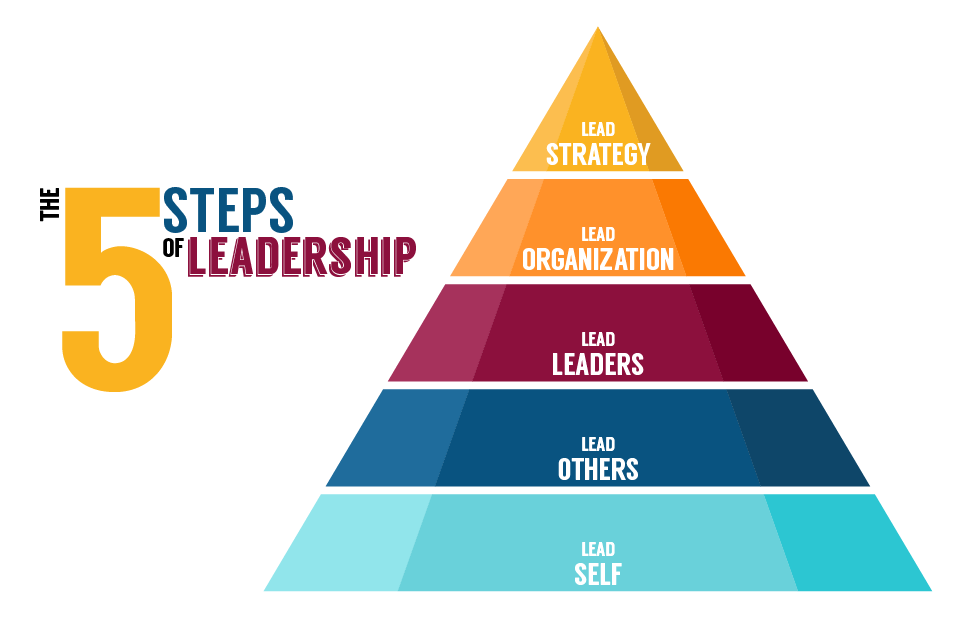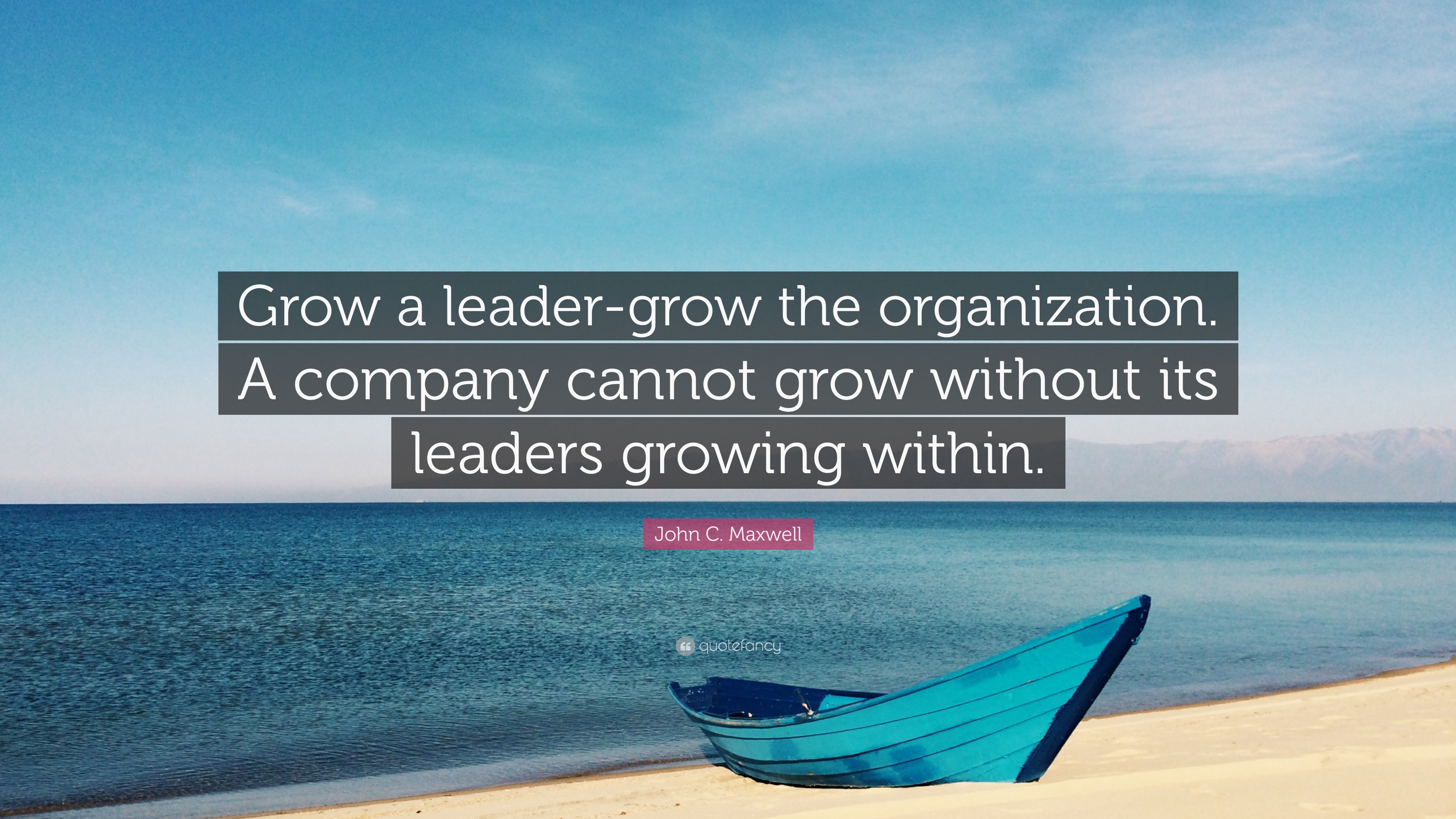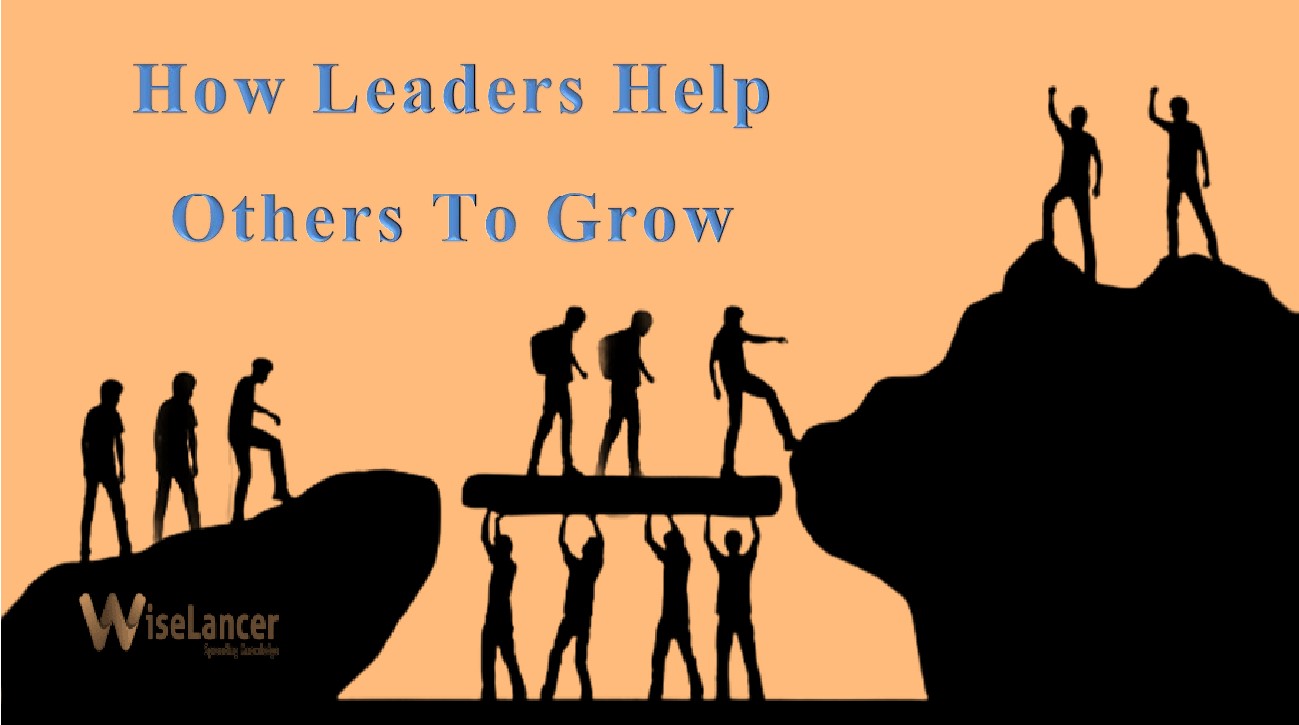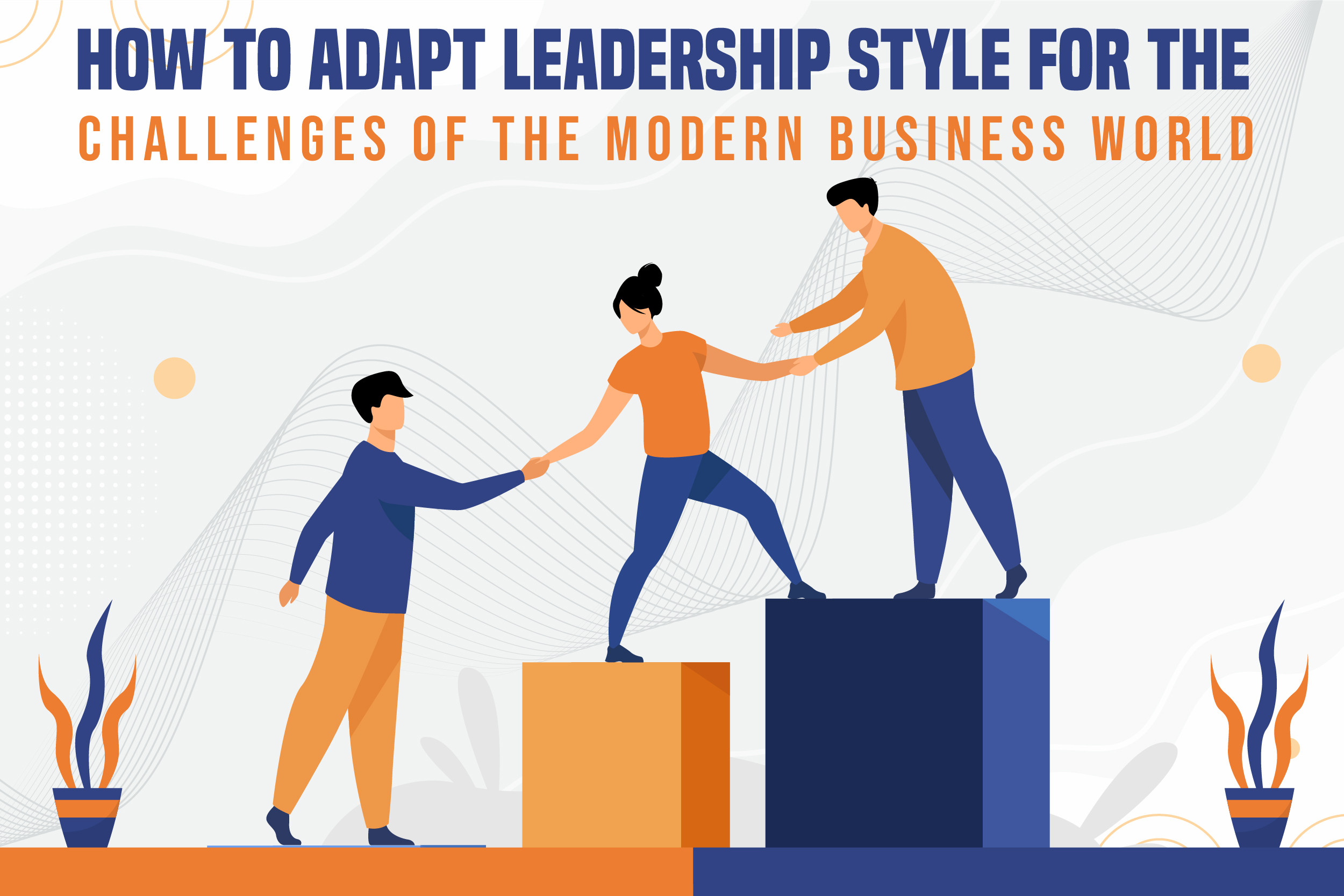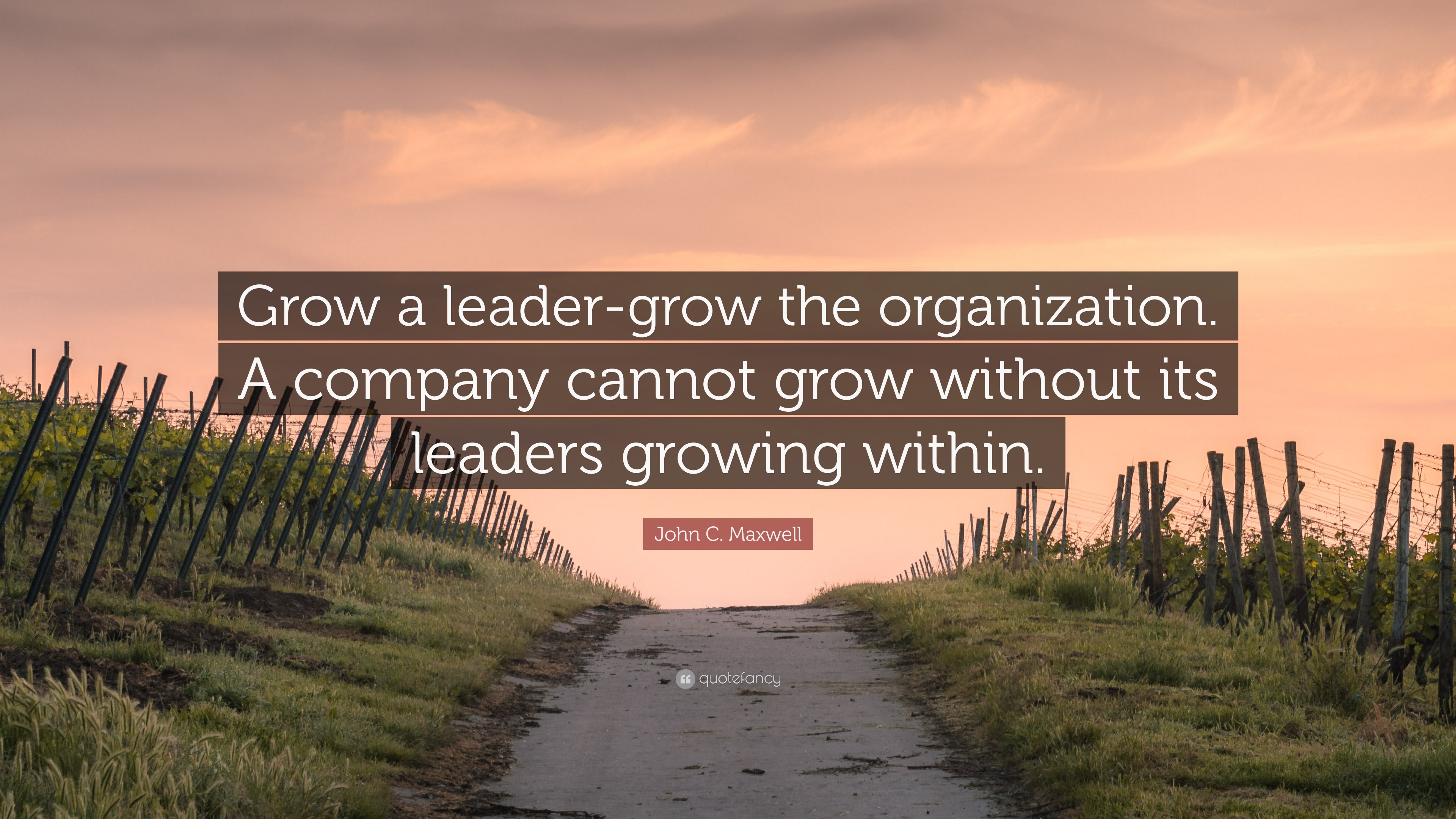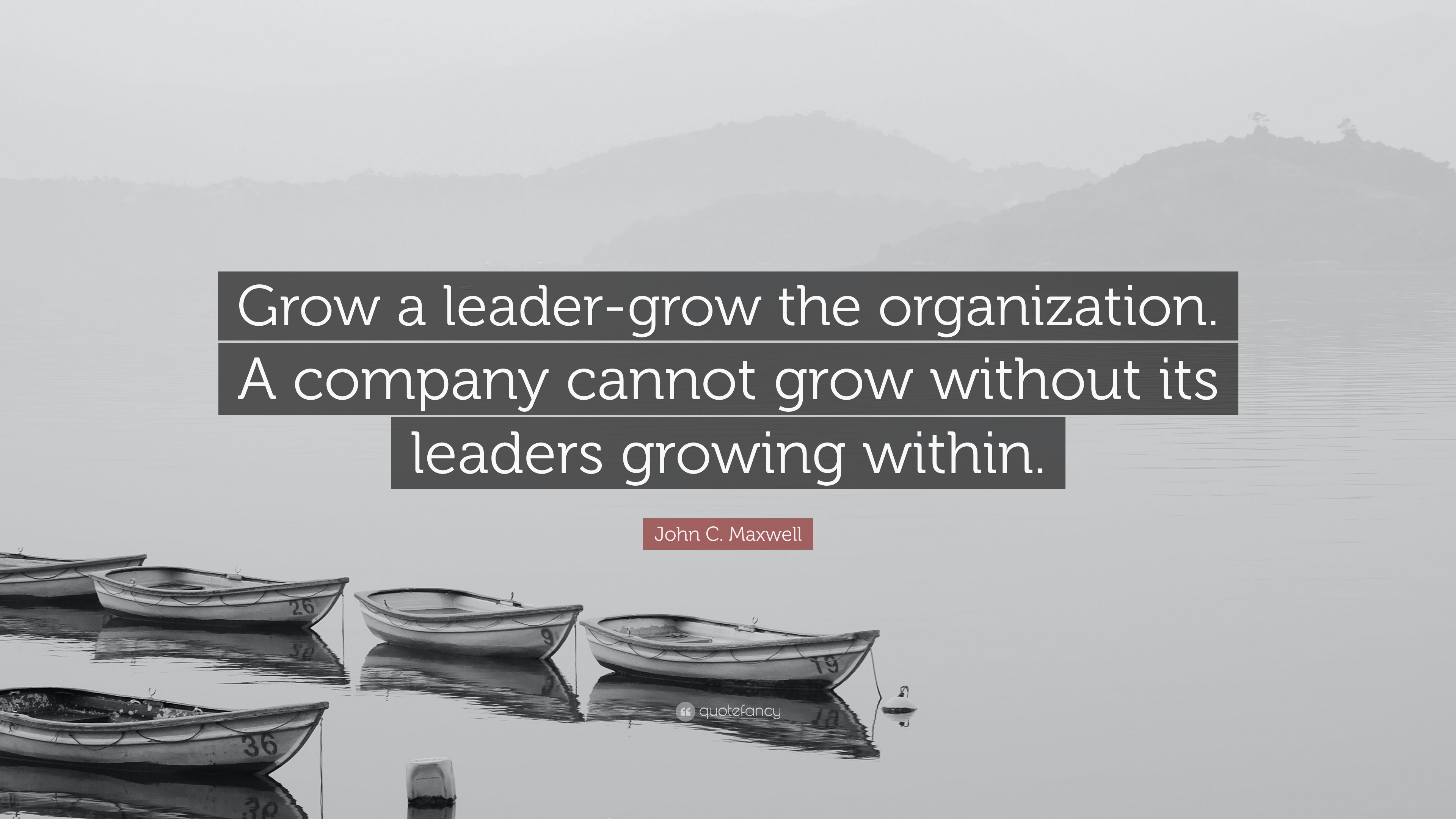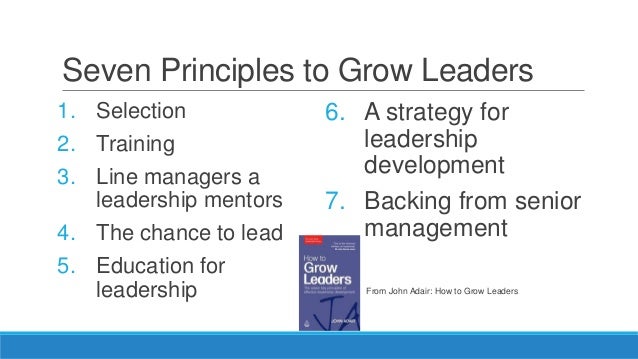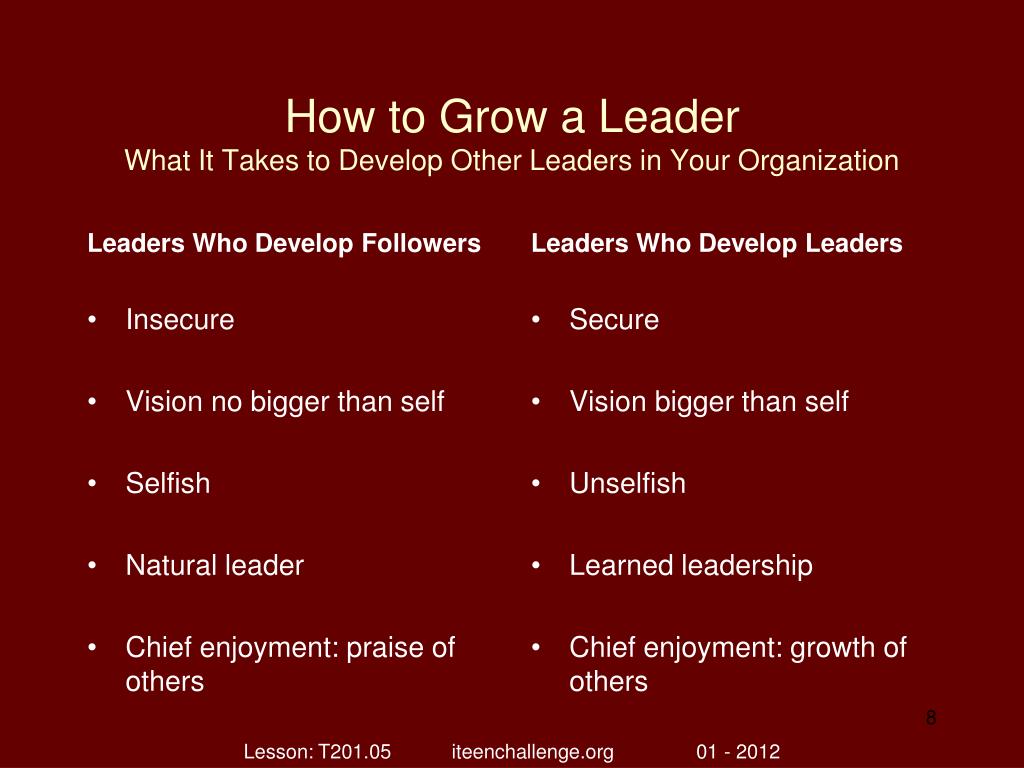How To Grow As A Leader In The Organization

In today's rapidly evolving business landscape, the ability to lead effectively is more critical than ever. Organizations are constantly seeking individuals who can inspire, motivate, and guide teams towards achieving common goals. This article explores actionable strategies and insights on how to cultivate leadership skills and grow within an organization.
The path to becoming a successful leader is not always straightforward. It requires a combination of self-awareness, continuous learning, and a commitment to developing others.
Understanding Your Leadership Style
Identifying your current leadership style is the first crucial step. Are you more inclined towards a democratic, autocratic, or laissez-faire approach? Understanding your tendencies allows you to leverage your strengths and address any weaknesses.
Many resources are available to help in this self-assessment, including personality tests and 360-degree feedback from colleagues. Consider exploring the DiSC assessment or the Myers-Briggs Type Indicator (MBTI) for further insights.
Embrace Continuous Learning
Leadership development is an ongoing process, not a destination. Stay abreast of industry trends, new management techniques, and evolving organizational needs.
Harvard Business Review and Forbes Leadership are excellent sources for articles, research, and expert opinions. Attending workshops, conferences, and webinars can also provide valuable learning opportunities.
Cultivating Key Leadership Skills
Several core skills are fundamental to effective leadership. These include communication, emotional intelligence, delegation, and strategic thinking.
Honing your communication skills is essential for conveying vision, providing feedback, and resolving conflicts. Emotional intelligence, the ability to understand and manage your own emotions and those of others, is equally vital for building strong relationships and fostering a positive work environment.
Delegation empowers team members, promotes growth, and frees up your time for higher-level tasks. Strategic thinking allows you to anticipate future challenges and opportunities, and to develop proactive solutions.
Seeking Mentorship and Sponsorship
Mentorship provides guidance, support, and valuable insights from experienced leaders. Seek out individuals who can offer constructive criticism and help you navigate challenges.
Sponsorship, on the other hand, involves an advocate who actively promotes your career advancement within the organization. Building relationships with senior leaders can create opportunities for visibility and recognition.
Taking Initiative and Demonstrating Commitment
Proactively seeking opportunities to contribute beyond your assigned responsibilities demonstrates initiative and commitment. Volunteer for projects, join committees, and offer solutions to organizational challenges.
Showing a genuine interest in the success of the organization and its people will set you apart. According to a recent study by Gallup, employees who feel valued and appreciated are more engaged and productive.
Building Strong Relationships
Leadership is not about authority; it's about influence. Cultivating strong relationships with colleagues, subordinates, and superiors is crucial for building trust and collaboration.
Stephen Covey, author of The 7 Habits of Highly Effective People, emphasizes the importance of seeking first to understand, then to be understood. Active listening and empathy are essential for building rapport.
Impact on the Organization
Investing in leadership development has a significant positive impact on organizations. Effective leaders create a culture of innovation, engagement, and accountability.
They attract and retain top talent, drive performance, and foster a positive work environment. Ultimately, strong leadership contributes to the overall success and sustainability of the organization.
By embracing continuous learning, cultivating key skills, seeking mentorship, and taking initiative, individuals can unlock their leadership potential and grow within their organizations. The journey requires dedication and self-reflection, but the rewards are substantial, both personally and professionally.
